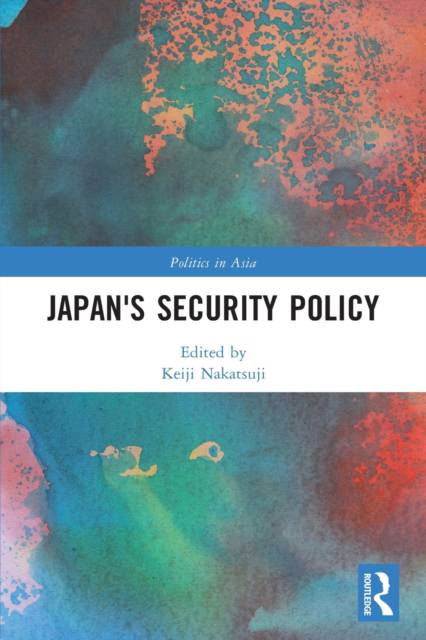
- Retrait gratuit dans votre magasin Club
- 7.000.000 titres dans notre catalogue
- Payer en toute sécurité
- Toujours un magasin près de chez vous
- Retrait gratuit dans votre magasin Club
- 7.000.000 titres dans notre catalogue
- Payer en toute sécurité
- Toujours un magasin près de chez vous
Description
This book analyses Japan's security policy after the Cold War and engages with the question of whether, since the Cold War ended, Japan has again become a global security player.
The contributions to the book explore Japan's security policy by providing a detailed overview of the evolution of Japan's security policy after the Cold War, including the Japan-U.S. Security Treaty and the Senkaku/Daioyu Islands dispute. It also reveals the preeminent security concerns of contemporary Japan by delving into regional security issues such as the Layered Security of Okinawa, the increasing nuclear threat from North Korea, and the Taiwan Strait Crisis of 1995-6. The book culminates by discussing security in terms of the essential functions of energy, food, and human security, including an assessment of Japan's energy policy since World War II and an assessment of the impact food security on Japan's agriculture and trade.
This book will be of interest to student and scholars of East Asian Politics, Security Studies and the International Relations of the Asia Pacific. It is also a valuable resource for diplomats and policymakers on Japan and East Asia.
Spécifications
Parties prenantes
- Editeur:
Contenu
- Nombre de pages :
- 228
- Langue:
- Anglais
- Collection :
Caractéristiques
- EAN:
- 9781032139555
- Date de parution :
- 06-01-23
- Format:
- Livre broché
- Format numérique:
- Trade paperback (VS)
- Dimensions :
- 156 mm x 234 mm
- Poids :
- 340 g






